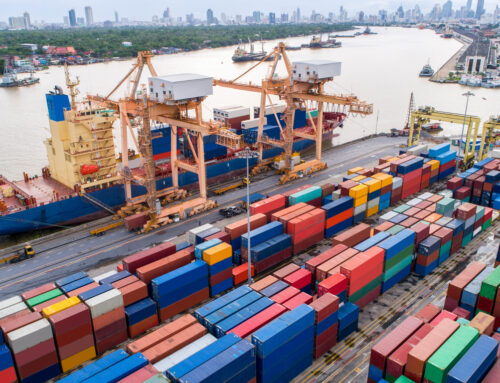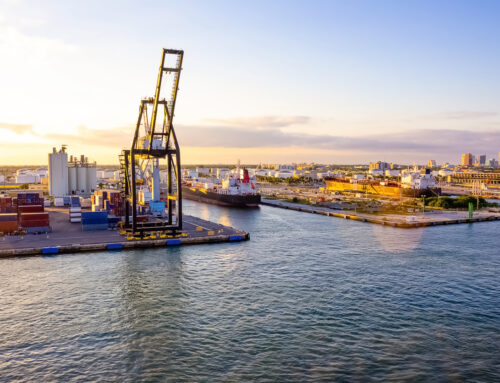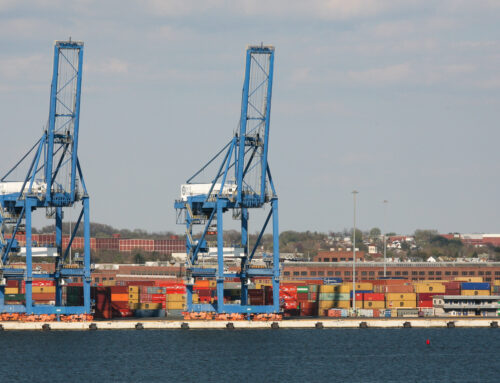On Tuesday, Canada moved to end labor disputes at Vancouver and Montreal ports, pointing to economic damage and the potential for driving away trading partners.
For a second time in recent months the Liberal government stepped in to halt the dispute. Labour Minister Steven MacKinnon said he had directed the country’s industrial relations board to order an end to the strike and impose binding arbitration.
“As the economic losses threaten the country and begin to mount, it is up to the government to ensure that … we can get on with the economic life of this country and avoid layoffs and other carnage,” he told a press conference. Canadians have a limited tolerance right now for economic self-harm.”
The dispute was affecting more than C$1.3 billion ($932 million) in value of goods each day – and had already affected shipments of canola oil, forest products and other goods.The Canada Industrial Relations Board, which is independent but takes direction from Ottawa, would take a few days to issue the relevant orders, MacKinnon said.
“Back-to-work orders suppress wages for all Canadians, so billionaires get richer and the rest of Canadians fall further behind,” leader Jagmeet Singh said in a statement.
The Montreal Longshoremen’s Union rejected a final offer made for a new labor contract, leading to a lockout being declared. Exports of canola oil and forest products from West Coast ports, including Vancouver, have halted.
“These work stoppages are impacting our supply chain, hundreds of thousands of Canadian jobs, our economy and our reputation as a reliable international trading partner,” said MacKinnon, who said employers and unions had not been acting urgently enough. I’ve directed the Canada Industrial Relations Board to order that all operations and duties at the ports resume and to assist the parties in settling their collective agreements by imposing final and binding arbitration,” he said.







